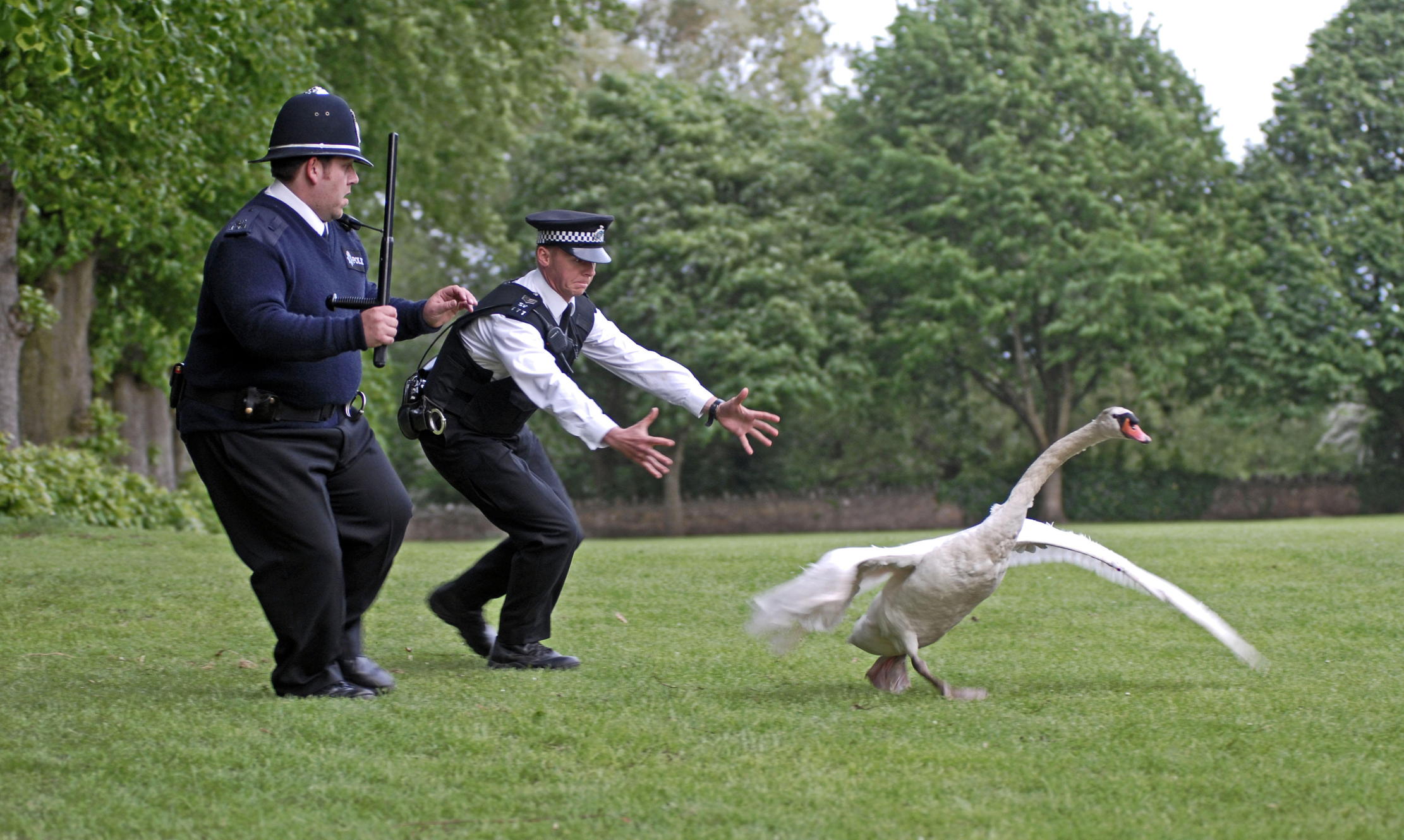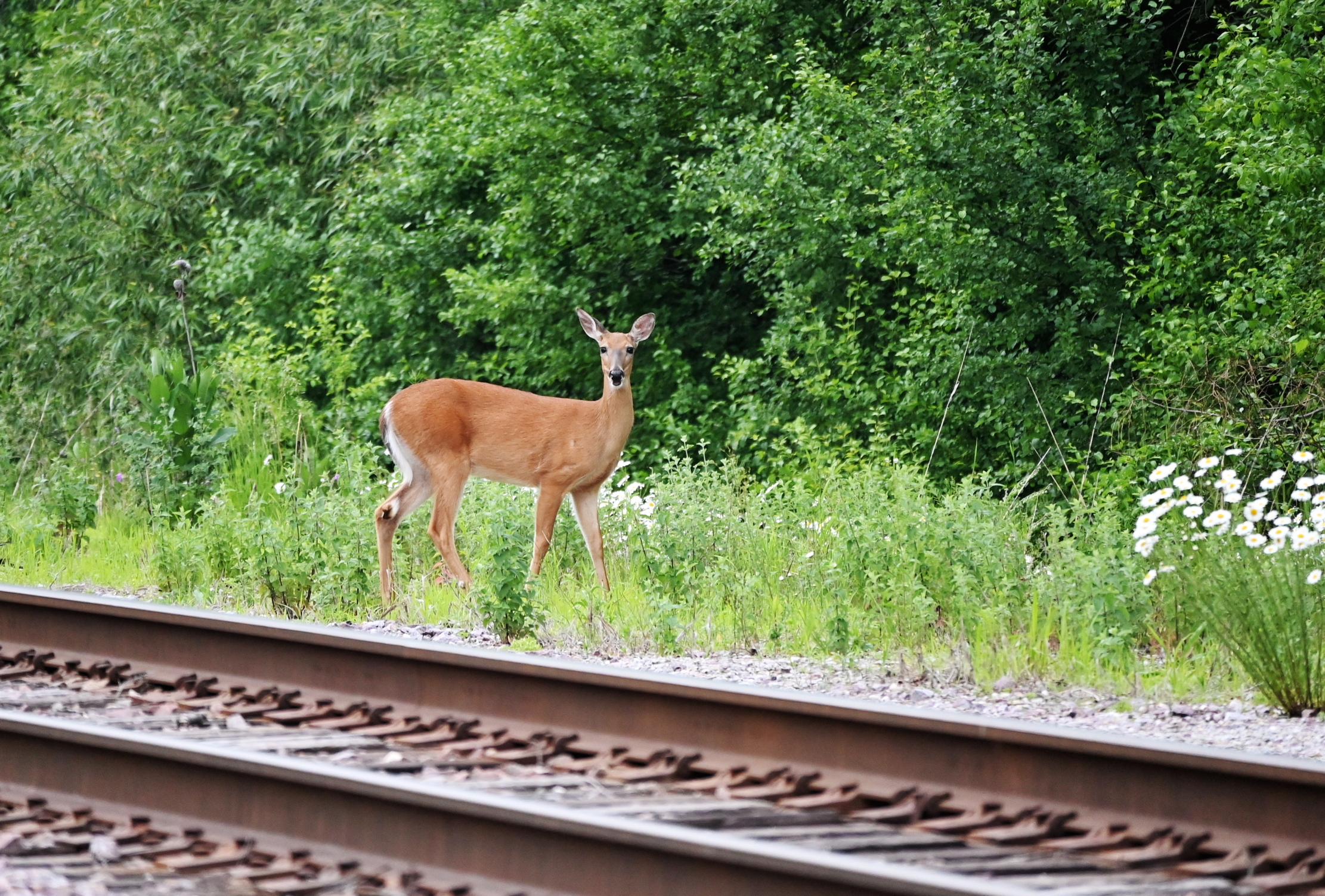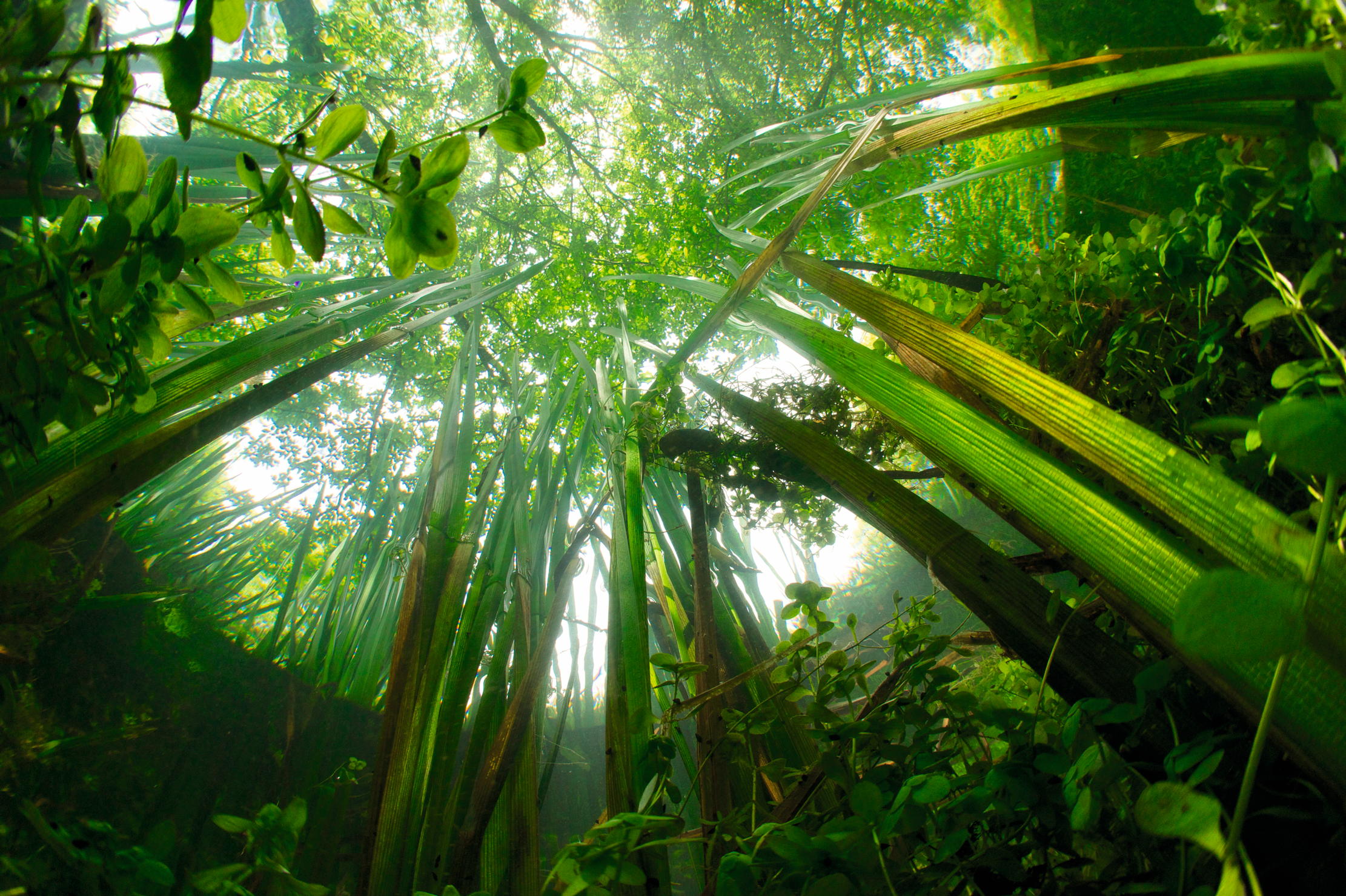Animals that trespass on our railways, ranked by how often they do it
We've all been delayed on or waiting for a train due to some nonsense on the line. Now, Network Rail have released a list of the culprits.


It’s a rite of passage to have a train delayed or cancelled by something completely stupid. It’s either too hot, or too cold, or there are too many leaves, or there are not enough leaves, or its windy. We’ve all been there, stuck on a platform or on a train, cursing some stupid animal that has wandered across the rails and brought the British Railway System, our defining trophy of the industrial era, to its knees.
Thankfully, Network Rail has released a list of the worst animal trespassers in the past 12 months, so we can direct our ire towards a specific two-legged, four-legged or feathered foe. When you’re angry, it helps to know who or what to be angry at.
In the last year, animals that have trespassed on our railways are, in no particular order, deer, bees (bees?), mice, hedgehogs, a donkey, cows and one tortoise. It felt like I was riding a tortoise home from work the other day, but I digress.

In total, animals trespassed 1,432 times in the 12 months up to March 31 2024. Of those, deer were the most numerous, with 349 recorded incidents. Sheep were in second place, with 177 incursions, followed by birds, cows, and swans (which are, apparently, not birds?). Dogs, cats, badgers and foxes round up the top 10.
You might say: ‘Hey, that’s only 9 animals, this is supposed to be a top 10?’. You are correct. In first place, by some considerable margin, are ‘human beings’, who trespassed on the railway 19,300 times. Do not trespass on railways. It is profoundly stupid.
Rather than just compiling lists of annoying animals, however, Network Rail is looking to mitigate future delays with a variety of methods that includes, of course, AI. These include a deer detection system deployed across two hotspots on the East Coast Main line, which has deterred 6,000 deer since its rollout in May 2023, they say.
Further mitigation efforts include installing wildlife crossings, partnering with animal charities such as the Swan Sanctuary to provide specialist training and inspecting fencing and working with farmers who live and work along the railways.
Exquisite houses, the beauty of Nature, and how to get the most from your life, straight to your inbox.

There are 200 chalkstreams in the world, almost all are in England, and they're the most biodiverse freshwater habitat on the planet
Chalkstreams were forged millions of years ago when Europe was largely underwater and developed into unique and complex habitats that

James Fisher is the Digital Commissioning Editor of Country Life. He writes about motoring, travel and things that upset him. He lives in London. He wants to publish good stories, so you should email him.